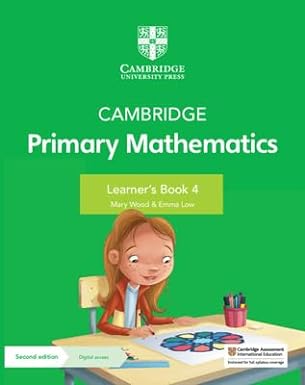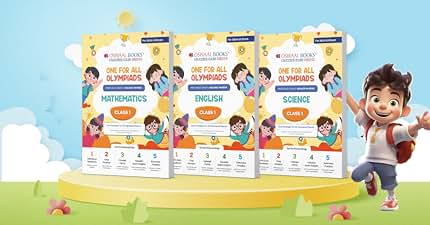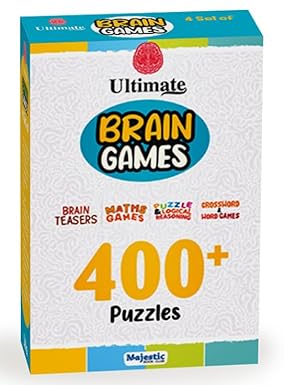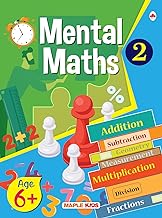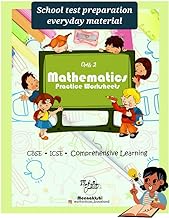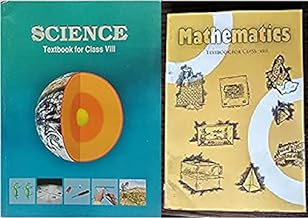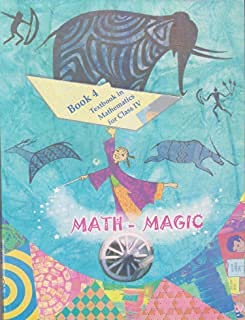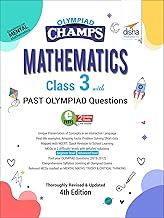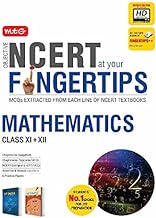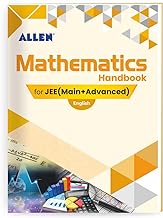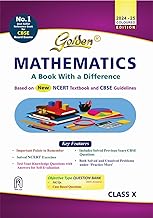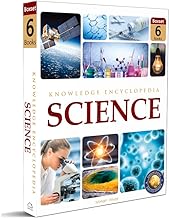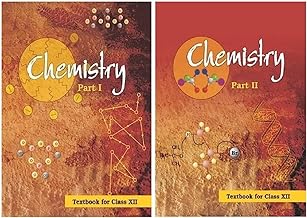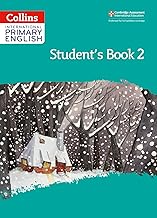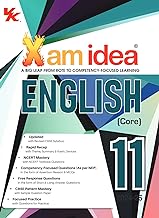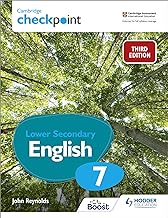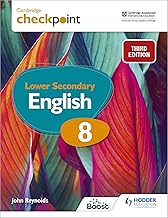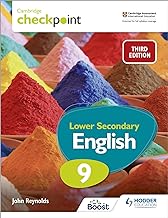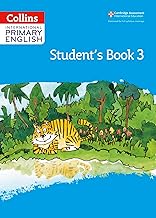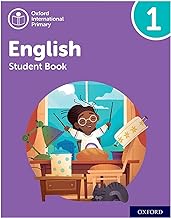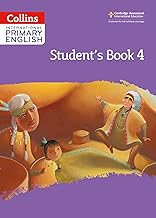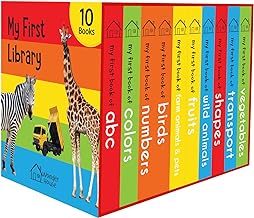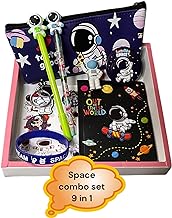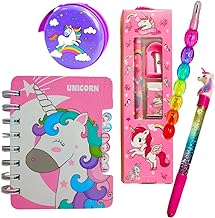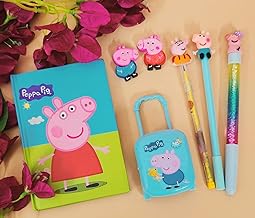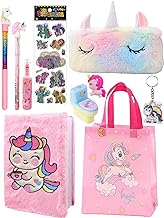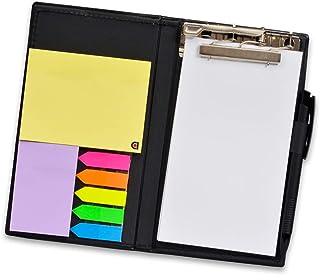Important books for children are essential for their cognitive, emotional, and social development. They enhance language skills, stimulate imagination, and foster empathy by exposing children to diverse characters and situations. Books also teach moral lessons, improve literacy, and provide entertainment, all while strengthening bonds through shared reading experiences. By offering a window into different worlds and perspectives, children’s books lay the foundation for lifelong learning and a love of reading.
Books for 2-year-olds should be simple, engaging, and durable. Board books with bright, colorful pictures and minimal text are ideal, as they capture attention and withstand rough handling. Stories with repetitive phrases, rhymes, and interactive elements like flaps or textures help develop language skills and keep young children entertained. Examples include classics like “Goodnight Moon” by Margaret Wise Brown and “The Very Hungry Caterpillar” by Eric Carle, which offer soothing rhythms and introduce basic concepts in an enjoyable way
irst grade mathematics focuses on building a strong foundation in basic math skills. Key concepts include:
- Counting and Number Sense: Understanding numbers, counting up to 100, and recognizing number patterns.
- Addition and Subtraction: Learning to add and subtract within 20 using objects, fingers, or drawings.
- Place Value: Grasping the concept of tens and ones, and understanding the value of each digit in a two-digit number.
- Basic Geometry: Recognizing and naming shapes like squares, circles, triangles, and rectangles.
- Measurement and Data: Comparing lengths, weights, and volumes, and beginning to tell time and understand simple graphs.
These foundational skills set the stage for more advanced mathematical concepts in later grades
Tips for Teaching Math to 2nd Graders
Use Visual Aids and Manipulatives
- Utilize objects like blocks and counters to illustrate concepts.
Incorporate Games and Activities
- Play math-related games and puzzles to make learning enjoyable.
Relate Math to Real Life
- Use everyday examples and story problems that children can relate to.
Keep Lessons Short and Engaging
- Keep sessions brief and varied to maintain attention.
Encourage Group Work
- Promote collaboration through pair work and group discussions.
Positive Reinforcement
- Offer praise and small rewards to motivate students.
Use Technology
- Integrate educational apps and interactive tools.
Practice and Repetition
- Provide daily practice and regularly revisit concepts.
Differentiate Instruction
- Adapt methods to suit individual learning styles and needs.
Parental Involvement
- Communicate with parents and assign engaging homework.
Basic Activities for 3rd Grade Math
Third-grade math activities should focus on hands-on and engaging methods to solidify key concepts. Use base-ten blocks for place value, number lines for addition and subtraction, and arrays for multiplication and division. Introduce fractions with visual aids like fraction circles and practice measurement with rulers and measuring tapes. Teach time reading on both analog and digital clocks, and use play money for practical money math. Explore geometry by identifying and drawing shapes, and create bar graphs from simple data collections. Lastly, reinforce patterns and sequences with visual and numerical exercises. These activities help make math fun and accessible for young learners.
Tips for Teaching 4th Grade Students
Engage with Interactive Lessons
- Use interactive activities like group projects, educational games, and hands-on experiments to make learning dynamic.
Incorporate Technology
- Utilize educational apps, online resources, and interactive whiteboards to enhance lessons and engage tech-savvy students.
Relate to Real-Life Situations
- Connect lessons to real-life scenarios to make learning relevant and meaningful. Use examples from everyday life to illustrate concepts
How to Calculate Class Fifth Maths, write in Paragraph
Calculating math at the fifth-grade level involves mastering several key concepts and skills. Fifth graders typically work on advanced arithmetic, including multi-digit addition, subtraction, multiplication, and division. They learn to perform operations with fractions and decimals, understanding how to add, subtract, multiply, and divide them. Concepts of place value are extended to decimals, and students begin to understand the relationship between fractions, decimals, and percentages. Geometry is also important, as students calculate the area, perimeter, and volume of various shapes. Measurement skills are honed, often involving conversions between units. Problem-solving is emphasized, with students applying mathematical reasoning to word problems and real-life scenarios. To effectively teach these skills, it is crucial to use a variety of instructional methods, including visual aids, interactive activities, and practical examples that relate math to everyday life. Regular practice and review are essential to reinforce these concepts and build a strong mathematical foundation
The science stream is critically important for several reasons, contributing to individual growth, societal advancement, and global development.
1. Foundation for Innovation and Technology
Science forms the backbone of technological advancements and innovations. A strong understanding of scientific principles is essential for developing new technologies that drive progress in various fields, including medicine, engineering, and information technology.
2. Critical Thinking and Problem-Solving Skills
Studying science enhances critical thinking and problem-solving abilities. These skills are crucial for understanding complex issues, making informed decisions, and developing solutions to real-world problems.
3. Healthcare and Medical Advances
The science stream, particularly fields like biology, chemistry, and physics, is vital for the advancement of healthcare. It leads to the discovery of new medicines, medical procedures, and technologies that improve health outcomes and save lives.
4. Environmental Protection and Sustainability
Environmental science and related disciplines are essential for addressing ecological challenges such as climate change, pollution, and biodiversity loss. Knowledge in these areas helps in developing sustainable practices and policies to protect our planet.
5. Economic Growth and Development
A strong scientific base drives economic growth by fostering industries based on research and development. Countries with advanced scientific knowledge tend to have robust economies due to innovations in technology, manufacturing, and services.
6. Educational and Career Opportunities
The science stream opens up a wide array of educational and career opportunities. Fields such as engineering, medicine, research, and technology offer rewarding careers with the potential for significant impact and personal fulfillment.
7. Understanding the Natural World
Science helps us understand the natural world, from the smallest particles to the vastness of the universe. This knowledge satisfies human curiosity and lays the groundwork for further exploration and discovery.
8. Improving Quality of Life
Scientific advancements improve the quality of life by providing solutions to everyday problems, enhancing comfort, safety, and efficiency in our daily lives.
9. Informed Citizenship
A scientifically literate population is better equipped to make informed decisions about issues that affect society, such as public health, energy policy, and environmental conservation.
In summary, the science stream is vital for fostering innovation, solving complex problems, advancing healthcare, protecting the environment, driving economic growth, and improving the overall quality of life. It equips individuals with essential skills and knowledge that are crucial for personal development and societal progress
Learning English is important for several reasons, given its widespread use and significance in various aspects of life. Here are some key reasons to learn English:
1. Global Communication
English is the most widely spoken language in the world. It serves as a common language for people from different linguistic backgrounds, facilitating global communication and understanding.
2. Educational Opportunities
Many of the world’s top universities and educational institutions use English as the medium of instruction. Proficiency in English can open doors to high-quality education and academic resources.
3. Career Advancement
English is often considered the global business language. Many multinational companies require employees to speak English, and proficiency can lead to better job prospects, promotions, and the ability to work in international settings.
4. Access to Information
A significant portion of the internet’s content is in English. Understanding English allows access to a vast amount of information, including scientific research, news, literature, and online courses.
5. Travel and Tourism
English is commonly spoken in many tourist destinations around the world. Knowing English can make traveling easier and more enjoyable, allowing for better interactions with locals and understanding of cultural nuances.
6. Cultural Understanding
Learning English provides access to a rich array of cultural experiences, including literature, movies, music, and art from English-speaking countries. This broadens one’s cultural horizons and fosters a greater appreciation of global diversity.
7. Social Connections
English proficiency enables you to communicate with a broader range of people. It helps in building friendships and professional networks with individuals from different parts of the world.
8. Personal Development
Learning a new language like English can enhance cognitive skills, improve memory, and boost problem-solving abilities. It also fosters a sense of accomplishment and confidence.
9. Participation in Global Events
Many international conferences, sporting events, and other global gatherings use English as the primary language. Knowing English allows active participation and engagement in these events.
10. Official Language
English is an official language in many countries and international organizations, such as the United Nations and the European Union. Proficiency in English can be crucial for participating in international diplomacy and global governance.
In summary, learning English provides numerous benefits, including enhanced communication, educational and career opportunities, access to information, cultural enrichment, and personal development. It is a valuable skill that can significantly impact both personal and professional life in an increasingly interconnected world
Using the best quality stationery products is important for several reasons, ranging from enhancing productivity and efficiency to ensuring durability and sustainability. Here are some key reasons to invest in high-quality stationery:
1. Enhanced Performance
- Reliability: High-quality stationery products, such as pens, paper, and notebooks, perform consistently well, reducing the likelihood of interruptions due to malfunctioning or poor-quality materials.
- Smooth Writing Experience: Quality pens and paper provide a smooth and enjoyable writing experience, which can improve handwriting and make note-taking more efficient.
2. Durability
- Longevity: Superior stationery products are often more durable and long-lasting. They withstand wear and tear better than cheaper alternatives, saving money in the long run.
- Sturdy Construction: High-quality notebooks and folders are less likely to fall apart, ensuring that important documents and notes are kept secure.
3. Professional Appearance
- Presentation: Using quality stationery can enhance the presentation of your work. Crisp, clean paper and reliable printing ink give documents a polished and professional look.
- First Impressions: Whether in a business setting or academic environment, the use of high-quality stationery products reflects professionalism and attention to detail, making a positive impression.
4. Environmental Sustainability
- Eco-friendly Materials: Many high-quality stationery products are made from sustainable and environmentally friendly materials. Investing in these products helps reduce environmental impact.
- Recyclability: Quality stationery often uses materials that are easier to recycle, contributing to a more sustainable lifestyle.
5. Health and Comfort
- Ergonomic Design: High-quality pens and other writing instruments are often designed with ergonomics in mind, reducing strain and discomfort during long writing sessions.
- Safety: Superior stationery products are less likely to contain harmful chemicals or materials, making them safer to use, especially for children.
6. Efficiency and Productivity
- Time-Saving: Reliable stationery products reduce the time spent dealing with issues like ink smudging, paper jams, or broken pens, allowing for more efficient work.
- Organization: High-quality organizational tools like planners, binders, and folders help keep tasks and documents neatly arranged, enhancing overall productivity.
7. Cost-Effectiveness
- Long-Term Savings: Although high-quality stationery products may have a higher upfront cost, their durability and performance often result in cost savings over time by reducing the need for frequent replacements.
8. Creative Expression
- Better Tools for Creativity: Artists, designers, and creatives benefit from high-quality stationery products that offer superior performance, enabling them to express their ideas more effectively.
9. Academic Success
- Support for Learning: Quality stationery can support better study habits and note-taking, contributing to improved academic performance and success.
10. Enjoyment and Satisfaction
- Pleasure in Use: Using well-crafted, aesthetically pleasing stationery products can make everyday tasks more enjoyable and satisfying.
In conclusion, investing in the best quality stationery products enhances performance, durability, and efficiency while promoting professionalism and sustainability. These products provide long-term value, improve productivity, and contribute to a positive and enjoyable working or learning experience
